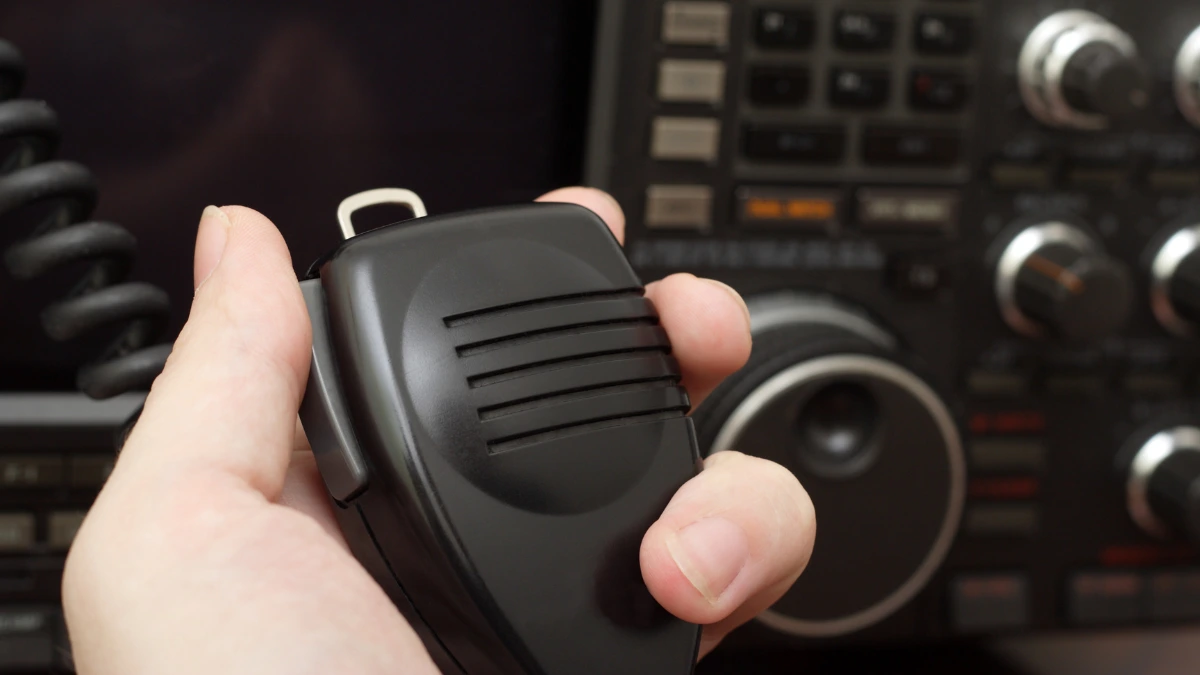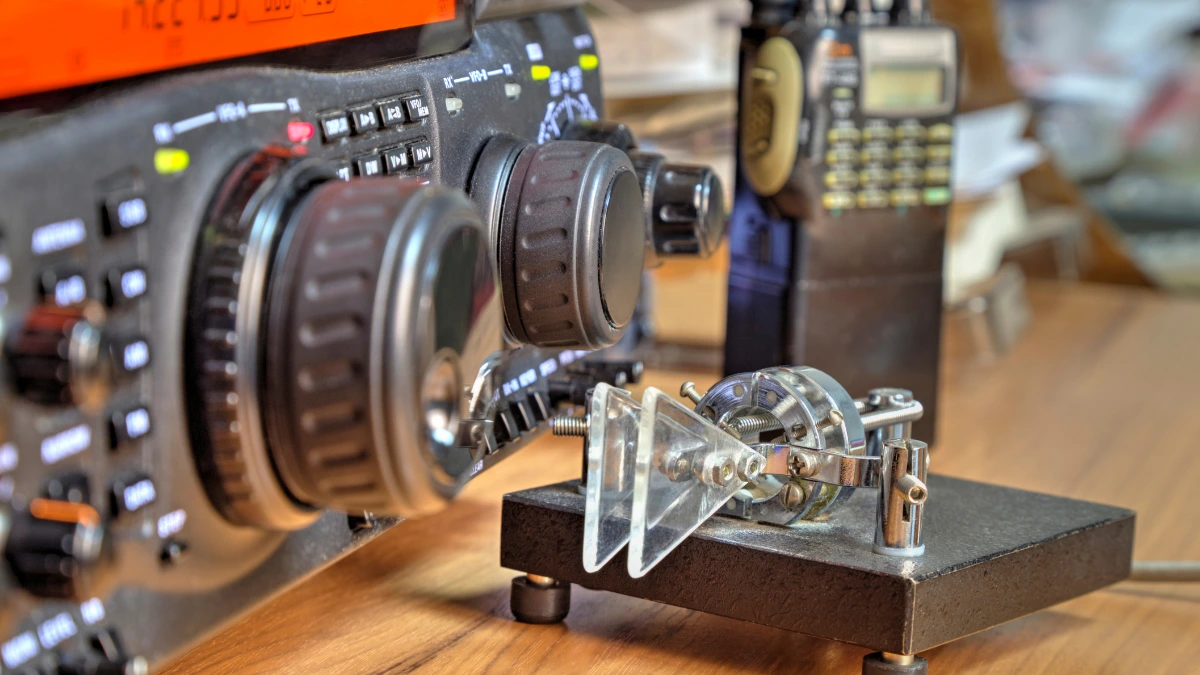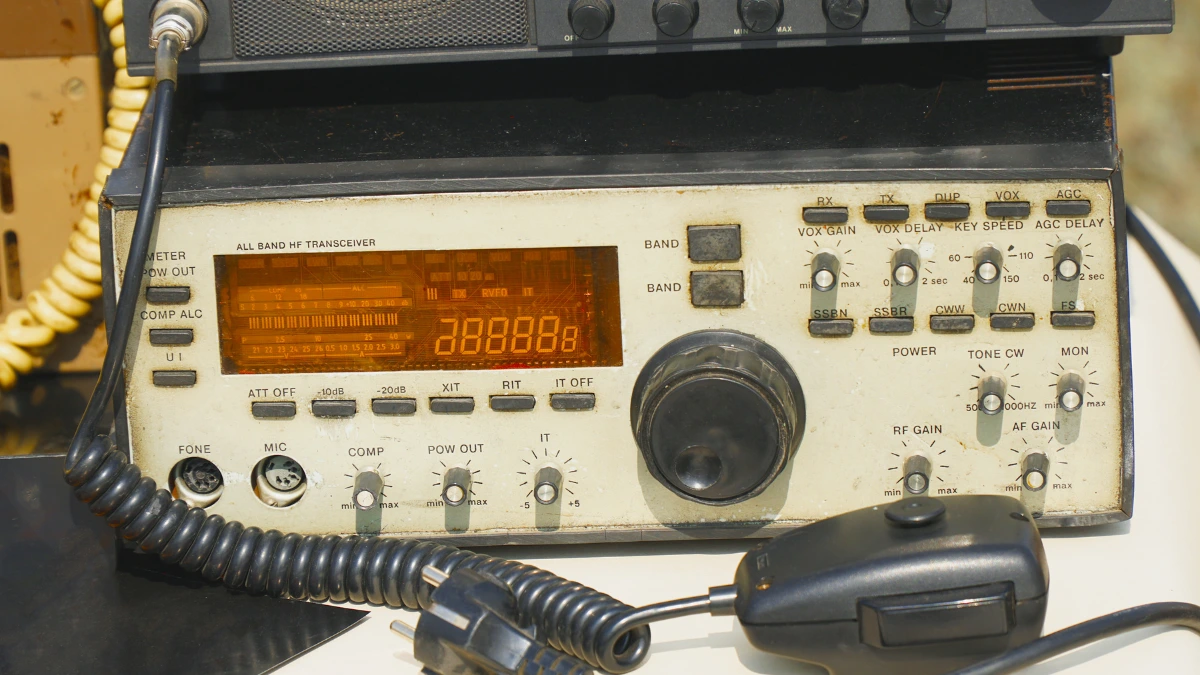The presence of a radio rig facilitates two-way communication, especially in urgent situations. One type of radio rig is a base station radio rig, which has some functions and advantages.
The functions of a base station radio rig include communication setup to repeater provision. Moreover, the advantages include reliable long-distance communication, robust durability, and flexibility of use.
This article will give you information on base station radio rigs, including the definitions, functions, and advantages they have.
What is a Base Station Radio Rig?

A base station radio rig is a type of radio rig that is installed in a fixed location, such as a post or office. This type plays an important role as a central point of communication for mobile or portable radio devices.
The base station, as a base station, has greater transmitting power than mobile or portable radio devices. This allows two-way communication with a wider range and efficient communication.
The Functions
The base station radio rig has several functions, from communication setup to repeater provision. Here are some of its functions:
- Communication setup: Acts as a communication center that organizes and coordinates communication between various other radio devices.
- Operational coordination: Used for operational coordination of field activities such as companies, agencies, SAR teams, firefighters, and others.
- Repeater provision: Can function as a repeater that extends the range of radio signals by receiving and retransmitting signals.
The Advantages

The base station radio rig has several advantages, from reliable long-distance communication, robust durability, to flexibility of use. Here are some of its main advantages in detail:
1. Reliable long-distance communication
The advantage of a radio rig base station is that it is a reliable long-distance communication tool. This device is capable of reaching very long distances, even up to hundreds of kilometers, with the right antenna selection.
2. Antennas can be customized
The base station radio rig antenna can be customized to suit your needs. The antennas for this device are available in various types, from omnidirectional to directional antennas, each type having its advantages in terms of range and radiation pattern.
3. Robust durability

Robust durability is another advantage of base station radio rigs. The design is designed to be durable, making the device capable of working in various environmental conditions.
4. Excels in emergency conditions
Just like other types of radio rigs, the base station radio rig also excels in emergency conditions. Its disadvantage to cellular networks makes it an advantage in emergency communications, such as no cellular networks or in natural disasters.
5. Flexibility of use
Another advantage of the base station radio rig is its flexibility of use. This type of radio rig can be used in a variety of contexts, from personal, hobby, to professional communications.
Those are the definitions, functions, and advantages of a base station radio rig that you need to know. Another thing to note is that radio rig on the market must pass the certification test from the Directorate General of Digital Infrastructure (DJID).
Radio rig regulation is based on the Director General Regulation (PERDIRJEN) No. 171 Tahun 2009, which requires all radio frequency-based devices, including radio rig, to meet specific technical standards before being sold in the country.
With a DJID certification, users can feel calm about using a radio rig device whose quality and security are guaranteed. For manufacturers or importers of radio rig devices, obtaining certification from DJID is a mandatory step before the device can be officially marketed in Indonesia.
To simplify the certification process, we are available to assist with this process as a reliable solution. [UN].

